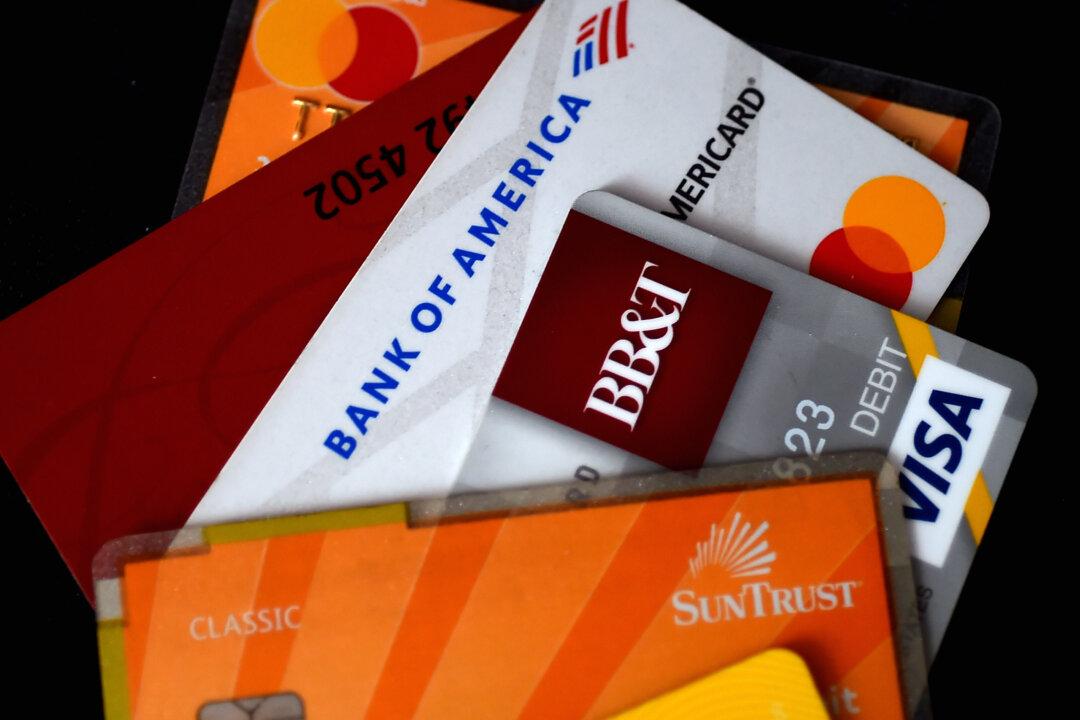 By Karin Price Mueller
By Karin Price Mueller
Small business lending may be improving, but it’s far from easy to get money when your business needs to spend. The right credit card may help.In fact, credit cards were the most popular spending method reported by participants in a 2009 Small Business Administration business credit card survey, with 59 percent of small businesses choosing plastic. But, 79 percent of respondents said the terms of their credit card got worse over the past 12 months.






